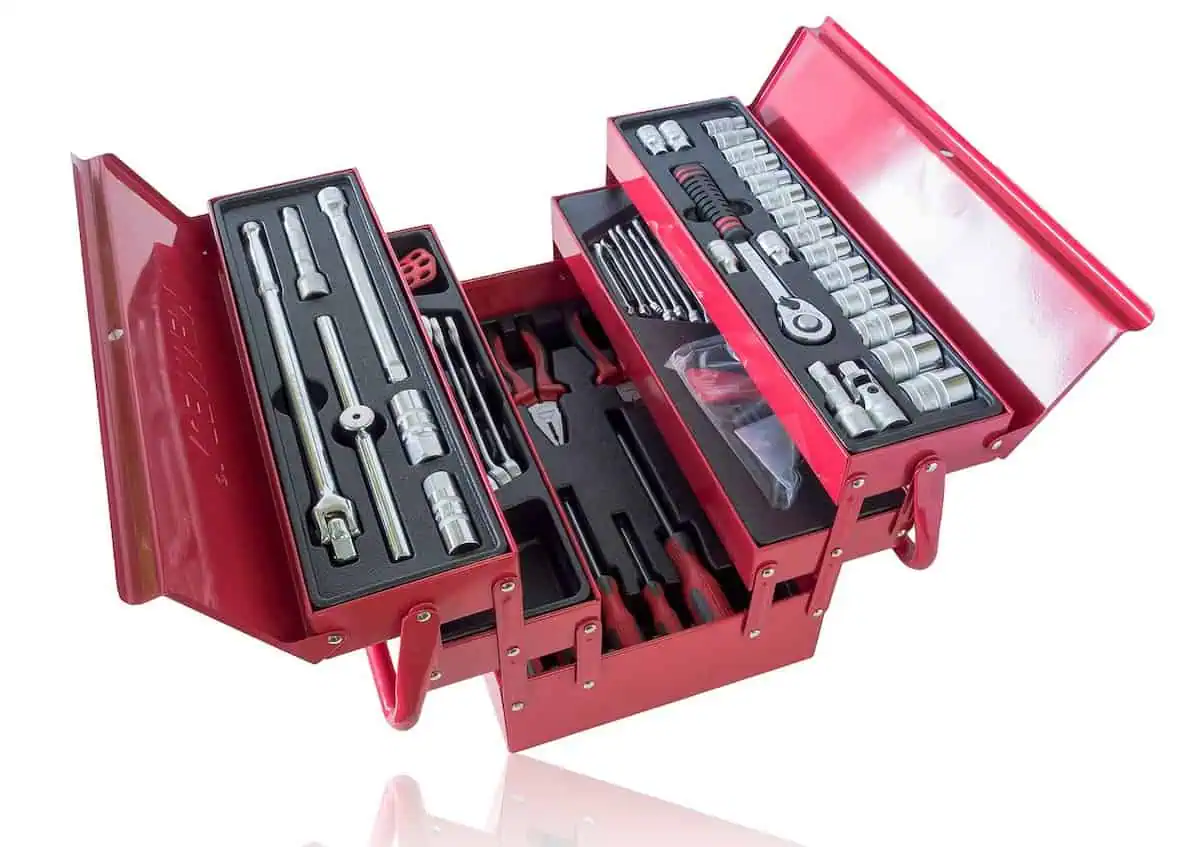For mechanics, whether professional or hobbyist, having the right tools is essential for getting the job done efficiently and effectively. However, many find themselves in a frustrating situation—starting a project only to realise they lack a key tool.
This not only halts progress but can also lead to costly delays, makeshift solutions, and compromised work quality.
In this article, we’ll explore the true cost of an incomplete tool set and why investing in a comprehensive collection of high-quality tools is critical for mechanics of all skill levels.
Delays and Downtime
One of the most immediate consequences of not having the right tool on hand is downtime. A mechanic in the middle of a job may need to pause the task and search for the missing tool, or worse, make an emergency trip to a supplier to purchase it.
This downtime can result in frustrating delays, missed deadlines, and dissatisfied clients if the mechanic is working in a professional setting.
Additionally, the cost of downtime can accumulate over time. Each instance of pausing to acquire a tool can stretch the timeline of a project, affecting overall productivity. In the long run, this wasted time can result in reduced profits or extended project schedules.
Poor Quality Work
Using the wrong tool to get a job done is another common result of an incomplete tool set. Mechanics often find themselves improvising with whatever tools they have, which can lead to substandard work. For example, using the wrong wrench size may lead to stripped bolts or over-torquing, causing unnecessary damage to components.
Without proper tools like a torque wrench, mechanics run the risk of improperly tightening bolts, which can result in serious damage to engines or mechanical systems.
The compromise in work quality not only affects the immediate job but can also harm a mechanic’s reputation. Clients expect professionals to have the right tools to ensure precision and high-quality results. Without these tools, the risk of errors increases, which can lead to costly rework or even equipment failure down the line.
Financial Impacts of Tool Replacement
In some cases, mechanics may not realise the true cost of replacing lost or damaged tools over time. A mechanic’s tool set is a significant investment, and failing to maintain or properly store these tools can lead to frequent replacements, further increasing expenses.
Investing in high-quality tools from trusted suppliers, such as Mektronics, not only ensures longevity but also reduces the need for constant replacement. Cheap or makeshift tools tend to wear out quickly, resulting in more frequent trips to the store and additional costs over time.
Efficiency and Precision
Mechanics who invest in a complete and well-organised tool set can work more efficiently and with greater precision. Having access to the right tool at the right moment allows for faster completion of tasks and reduces the chances of errors. In contrast, searching for the correct tool or using an ill-suited one not only takes time but also increases the likelihood of mistakes.
A fully stocked tool set offers the added benefit of versatility. Mechanics can take on a wider range of jobs, from basic maintenance to more complex repairs, knowing that they have the right equipment for each task. This level of preparedness boosts confidence, enabling mechanics to deliver consistently high-quality results.
Long-Term Savings
While the initial cost of building a comprehensive toolset may seem daunting, the long-term savings are significant. Quality tools last longer, perform better, and reduce the risk of costly rework. Over time, mechanics who invest in premium tools save money by avoiding frequent replacements and by completing jobs more efficiently.
A well-curated tool set is also an investment in career longevity. Mechanics who consistently produce excellent work are more likely to build a strong reputation, attract new clients, and secure repeat business. In contrast, those who struggle with incomplete or subpar tool sets may face reputational damage and limited career opportunities.
Key Insight
The cost of an incomplete tool set extends far beyond the price of the missing tools. Delays, poor work quality, and unnecessary expenses can all add up over time, impacting both productivity and profitability.
By investing in high-quality, reliable tools from trusted suppliers, mechanics can avoid these pitfalls, ensuring that they are fully equipped to tackle any job with precision and efficiency.
Whether you’re a professional mechanic or an enthusiastic DIYer, having a complete and well-maintained tool set is key to long-term success and satisfaction in your work.
Article and permission to publish here provided by Tim David. Originally written for Supply Chain Game Changer and published on October 28, 2024.
Cover image by Jean van der Meulen from Pixabay.

